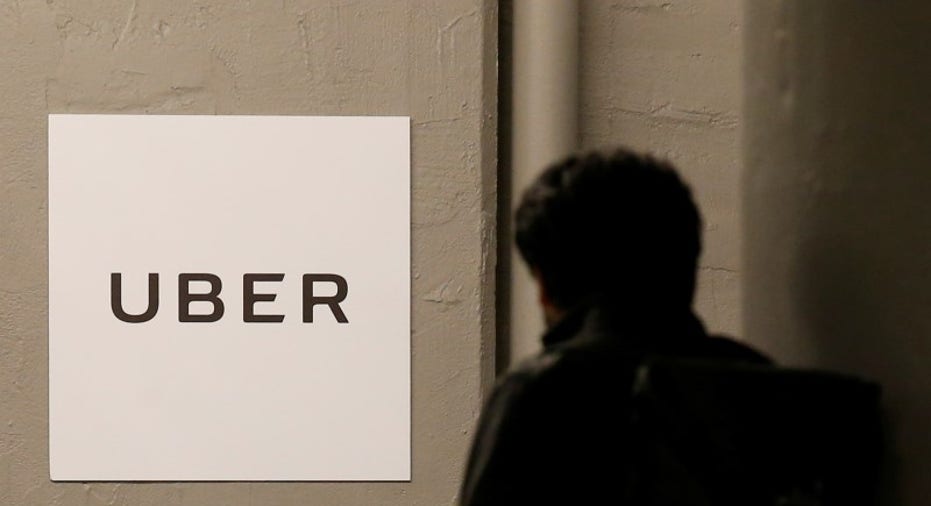This is Uber's biggest employee problem, and it's not sexism, says HR boss

After being hit with charges of a toxic culture, negative press and many executive departures, Uber’s chief of human resources told USA TODAY that the start up’s culture is no worse than any other company that she has worked at.
“Wherever I have worked, I have seen things that are not great for women,” Liane Hornsey told USA TODAY.
Hornsey, who joined Uber in January, said she has conducted more than 200 separate “listening tour” sessions with Uber staff since February after former engineering employee Susan Fowler chronicled alleged sexism and sexual harassment at the company in a blog post. After Fowler’s accusations were made public, Uber initiated an independent internal investigation into its culture, which is being led by former U.S. Attorney General Eric Holder.
Hornsey told USAT that after five months of collecting information from employees, she has concluded that they are not concerned with sexism but rather rankled by compensation issues and the performance review process, saying they feel like the company — which is valued at $69 billion — doesn’t fully appreciate them.
“They need more love and respect from the company," she said. "That’s my sense of what’s wrong."
Additionally, she said that she was personally “shocked” by Fowler’s blog post but what surprised her the most was that the gender-related issues Fowler described didn’t come up with other employees.
“It wasn’t one of our big themes. Other things came up that are in that area, that our values are masculine and a little aggressive, but the harassment issue, I just didn’t find that at all,” she said.
Hornsey, who has previously worked at big companies like BMG Music, Google (NASDAQ:GOOGL) and Softbank, says she doesn’t view “sexism” as an Uber problem but more an overall workplace issue spanning all companies.
“I worked in entertainment for six years. I don’t think it’s about tech, or this city or this company. I think it’s about the world of work, and I think that it’s something that we have to take really super seriously,” she said.



















